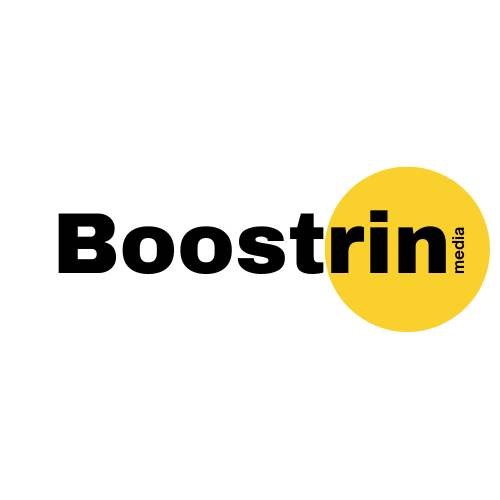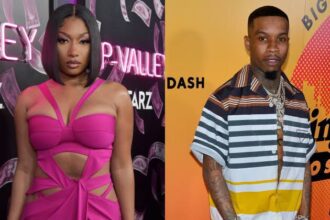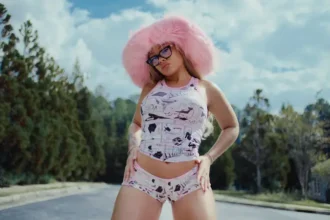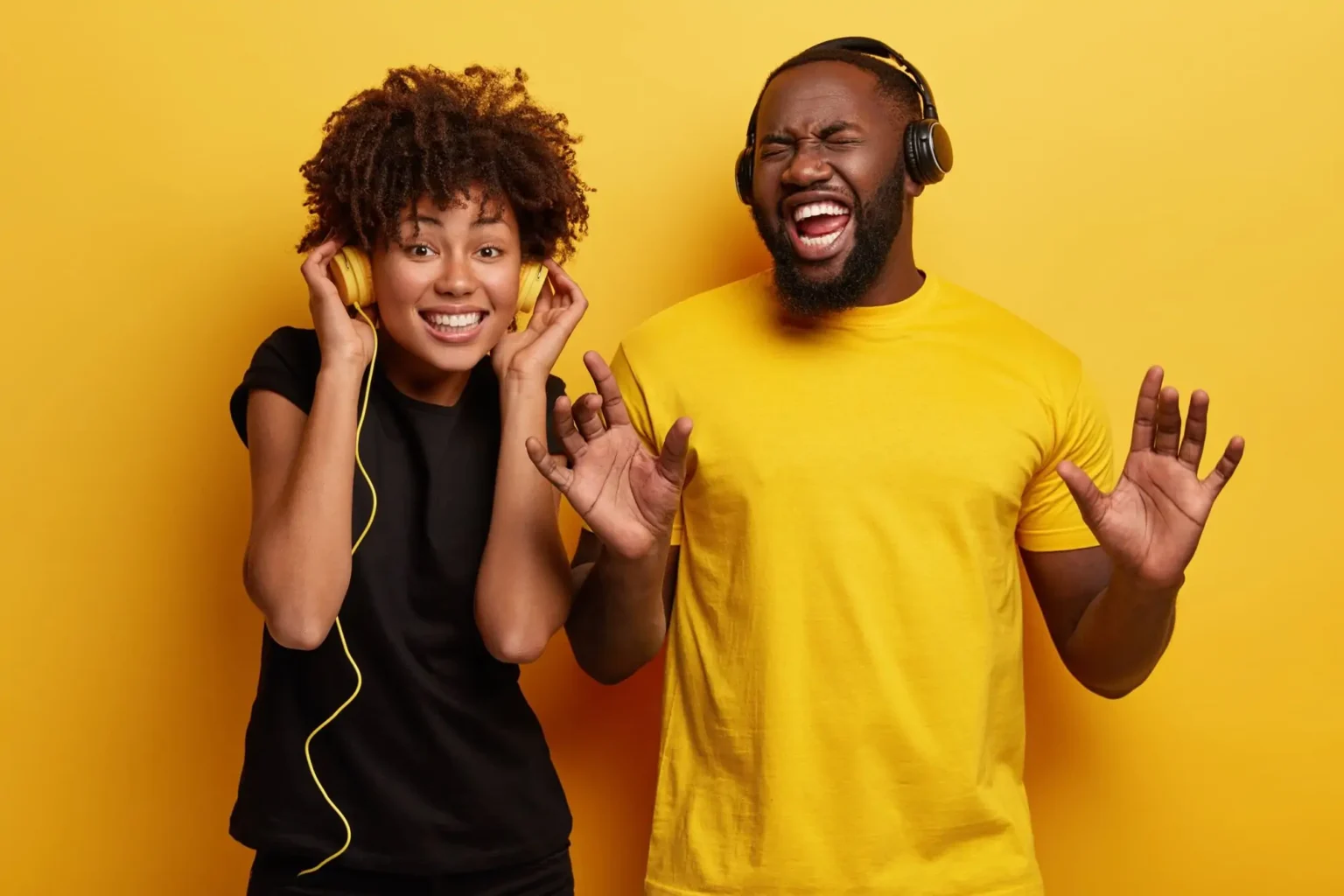Securing sponsorships and brand deals can significantly boost an artist’s career, providing both financial support and increased visibility. However, landing these opportunities requires strategic planning and consistent effort. Here are the key steps to securing sponsorships and brand deals as an artist:
1. Build a Strong Personal Brand
Before approaching brands, make sure your personal brand is clear and appealing. Define your identity, values, and mission. Your brand should resonate with a specific audience, whether it’s through your music style, message, or overall image. Brands are more likely to partner with artists who have a well-defined and loyal fanbase. According to Forbes, a strong personal brand is essential for long-term partnerships because it makes artists more relatable and trustworthy to their audience and sponsors.
2. Create High-Quality Content
The quality of your content is paramount. Whether it’s music videos, live performances, or social media posts, brands want to associate with artists who produce professional and engaging content. Keep your content consistent and aligned with your brand values. This not only builds trust with your followers but also increases your appeal to potential sponsors looking for artists whose content can reflect positively on their products.
3. Engage with Your Audience
Brands look for artists who have a dedicated and engaged fanbase. Regularly interact with your followers on social media, respond to comments, and engage in conversations that reflect your authenticity. According to Social Media Examiner, the more interaction you have with your fans, the more valuable your platform becomes to sponsors. A high engagement rate indicates to brands that your audience is genuinely interested in what you do.
4. Pitch to the Right Brands
Target brands that align with your music style, image, and values. For example, if your music has a laid-back vibe, you might want to approach lifestyle brands or those with a similar casual or youthful image. Do your research to find brands that share your target audience, and tailor your pitch accordingly. Brands are more likely to invest in artists whose audience mirrors their own target demographic. Billboard suggests focusing on long-term partnerships rather than one-off sponsorships for sustained success.
5. Have a Professional Media Kit
A professional media kit is essential when reaching out to brands. It should include key information such as your biography, audience demographics, social media reach, past collaborations (if any), and music achievements. Highlight the value you can provide to brands, such as exposure to a particular demographic or the ability to create unique content. According to Hootsuite, a media kit should visually reflect your brand and be easy to navigate.
6. Leverage Your Social Media Influence
Use your social media platforms to demonstrate your influence. Create posts that show how your audience interacts with your content, such as high engagement rates, the success of previous brand mentions, or any positive press coverage. Brands often rely on social media analytics to assess potential partnerships. Tools like Instagram Insights and Facebook Analytics can help you track engagement and provide detailed information to potential sponsors.
7. Offer Value Through Unique Campaigns
Don’t just ask for sponsorships; offer value to brands by creating unique campaigns. For instance, you could offer to feature a brand in one of your music videos or host a live-streamed concert sponsored by them. According to Entrepreneur, successful brand deals often come from creative collaborations that go beyond traditional advertising. Think about how you can integrate a brand into your music and lifestyle in a way that feels authentic and engaging for your audience.
8. Network in Industry Circles
Building relationships with industry professionals, including managers, agents, and other artists, can open doors to brand deals. Attend music conferences, events, and networking gatherings where brand representatives might be present. The Guardian advises artists to use these occasions to demonstrate how their music and image align with a brand’s goals.
9. Negotiate the Deal
Once you’ve secured a potential brand deal, make sure to negotiate terms that benefit both parties. Discuss compensation, deliverables, and how the brand will be represented in your content. It’s advisable to work with a lawyer or manager to ensure the terms are fair and that both your interests and the brand’s are protected.
10. Showcase Past Collaborations
If you’ve already worked with brands, showcase these collaborations in your pitch. Having a track record of successful brand partnerships builds credibility and shows potential sponsors that you are reliable and professional. Use case studies or testimonials from previous brands to demonstrate the success of your past campaigns.
By following these steps and maintaining professionalism, consistency, and creativity, you can successfully secure sponsorships and brand deals that enhance your career and open doors to new opportunities.





